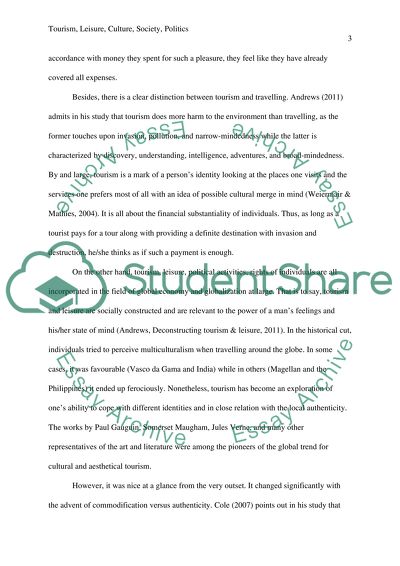Cite this document
(“Tourism, leisure, culture, society, polities Essay”, n.d.)
Retrieved from https://studentshare.org/english/1579028-tourism-leisure-culture-society-polities
Retrieved from https://studentshare.org/english/1579028-tourism-leisure-culture-society-polities
(Tourism, Leisure, Culture, Society, Polities Essay)
https://studentshare.org/english/1579028-tourism-leisure-culture-society-polities.
https://studentshare.org/english/1579028-tourism-leisure-culture-society-polities.
“Tourism, Leisure, Culture, Society, Polities Essay”, n.d. https://studentshare.org/english/1579028-tourism-leisure-culture-society-polities.


